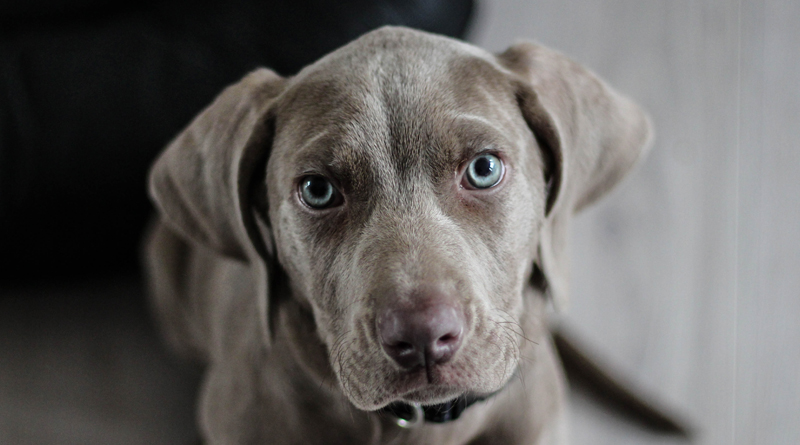
Amazing Grace: One Family’s Story of Hope and Autism
By Crystal Y. Sanford, M.Ed., M. A. CCC-SLP
Do you enjoy a good story? Science-fiction maybe? Or, a good love story? My favorite type of story is one based on someone’s real life experiences. I believe that there is great vulnerability, healing, and empowerment in sharing your life story with others. That is what has inspired me to share my family’s story of hope in the midst of an Autism diagnosis.
Where it all started
Let’s begin at the beginning…In 2010, my husband and I were blessed with our first child, Grace. At this time, we experienced immense joy, along with a host of other emotions. My father affectionately nicknamed our daughter “Amazing Grace”. Little did we know how true this name would become for her.
As Grace began to age, I became more and more aware of her differences in comparison to other children. Being a speech pathologist and new mom, there is the tendency to constantly compare your child’s development to the developmental milestones that you know so well. However, starting at age 18 months, I began to wonder if Autism was an actual possibility for Grace. At that point, she had just started walking independently as she also struggled with other gross motor and fine motor skills. I remember her preschool teacher mentioning to me how Grace should be able to perform certain motor skills more effectively, such as kicking a ball, feeding herself and picking up small objects during play.
Presenting challenges
But, what made us consider Autism was that in addition to motor challenges, Grace also presented with other significant strengths and challenges with communication and pre-academics. For example, at 18 months she was already able to identify all letters from A-Z, basic colors and numbers from 1-10. Grace also had an amazing vocabulary, beyond that expected for her age. However, I also noticed how much she struggled to share her ideas and engage in reciprocal interaction. Grace was quite content playing by herself. When she did seek out my husband or myself, it was usually to ask a question or to ask for assistance, not to play with her. She also began imitating parts of TV shows verbatim, which was another red flag to me.
As the months passed, I began discussing my concerns with trusted friends. I have the great pleasure of having wonderful friends who happen to be fellow clinicians (i.e. special education, psychology, etc.) Everyone’s perspective of Grace was the same, ‘She has great eye contact and is so smart, she can’t have Autism.’ Even Grace’s pediatrician disagreed with us, chalking it up to us being new parents who were likely overly concerned.
Seeking out support
I wanted to agree with everyone, but my experience and gut told me otherwise. As a speech pathologist, I had worked with several clients diagnosed then with Asperger’s Syndrome. Most of these clients had strong academic skills, some considered gifted or highly talented. Yet, these children struggled significantly to engage with peers and adults in ways that met our social norms. I also had received recent training regarding strategies and goals appropriate for children on the Autism spectrum. These factors, along with my new maternal instinct, led me to continue pursuing support for our little Grace.
By age three, one colleague who specialized in assessing and supporting preschool children finally agreed to assess Grace. She worked with a team of specialists to complete a comprehensive assessment, including pre-academics, motor, communication and cognitive skills. Soon after, at age three and a half, our concerns were validated and Grace was found to have what they called “high-functioning” Autism. The day of the meeting was a turning point for our family. For me, the diagnosis confirmed my suspicions. I was also relieved because I knew that that now Grace could receive the services she would need to support her challenges.
My husband and I began to research more about Autism and how it impacts girls, while initiating all of Grace’s therapies (i.e. speech, occupational therapy, and consultation with her preschool). We learned that many girls like Grace do not receive a diagnosis until later in their childhood or for some in adulthood. We were fascinated as we learned more about how Grace’s brain was wired and how she interpreted the world. We also realized that my dad had been correct in so many ways by nicknaming our daughter “Amazing Grace”.
Continuing the journey
Grace continues to bring much joy to our family. We love her inquisitiveness, honesty, and passion for all things related to water and swimming. She has made great strides in a variety of areas and we are confident that the sky is the limit for her. Most importantly we have hope and are honored to support her along the journey of becoming her best self. If your family has been impacted by Autism, please be encouraged. May our story help to bring insight and hope for your family’s journey!
Crystal Y. Sanford, M.Ed., M. A. CCC-SLP is the owner of Sanford Autism Consulting, an Autism Consultant, Certified IEP Coach, Speech-Language Pathologist, Special Needs Parent & Ally, and a published author
Crystal has 20 years of experience supporting families, children and young adults with unique needs. She has provided services to individuals with a variety of needs, including ADHD, Autism, Asperger’s Syndrome and Learning Differences. However, for the past 10 years, Autism has been her passion. In addition, she has gained hands-on experience while parenting her own daughter with High-Functioning Autism.
Crystal holds an M.A. in Communicative Disorders from California State University, Northridge and an M.A. in Education from San Diego State University. When she is not supporting families of Autism or speaking life into the hearts of children and young adults, Crystal enjoys gardening, reading, and spending “non-technology” time with her husband and two daughters in San Diego, CA.




